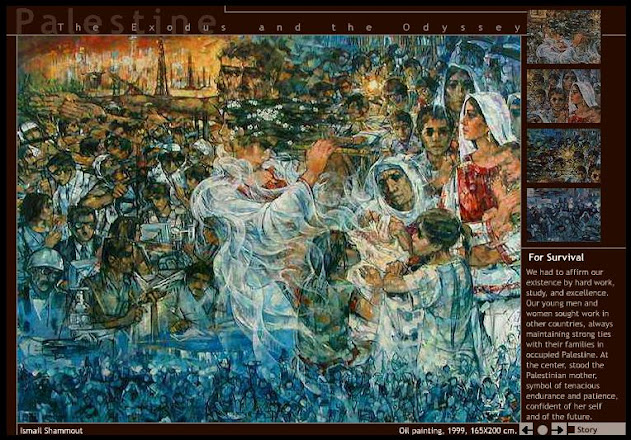Netflix will launch a collection of 32 films either helmed by Palestinian filmmakers or about Palestinian stories, including award-winning titles like ‘A Man Returned’ (عودة رجل) by Mahdi Fleifel; ‘Like 20 Impossibles’ (كاننا عشرون مستحيل) by Annemarie Jacir and ‘The Crossing’ (العبور), directed by May Odeh.
On October 14th, Netflix will launch the Palestinian Stories collection, showcasing films from some of the Arab world’s finest filmmakers. Available for members around the world, the collection includes a lineup of award-winning films by Palestinian filmmakers or about Palestinian Stories. The collection is set to launch with 32 films with more to be added over the next few weeks.
Featuring the works of prolific and
critically-acclaimed directors like Annemarie Jacir, Mai Masri, Mahdi
Fleifel, Susan Youssef, May Odeh, Farah Nabulsi and many more, the
collection is a tribute to the creativity and passion of the Arab film
industry as Netflix continues to invest in stories from the Arab world.... READ MORE
As Always Please Go To The Original Link To Read The Article In Full
The Palestinian Stories Collection will be available to access by searching “Palestinian Stories” on Netflix.





























